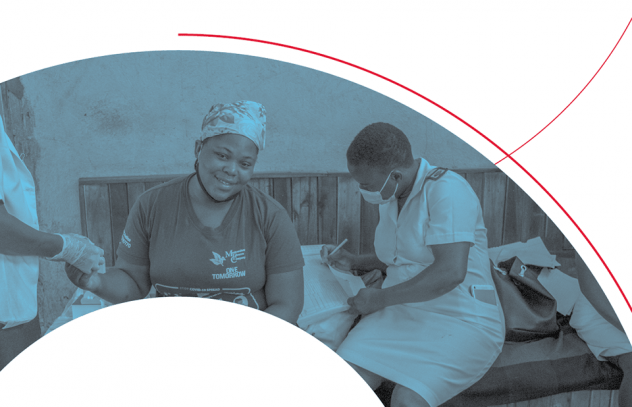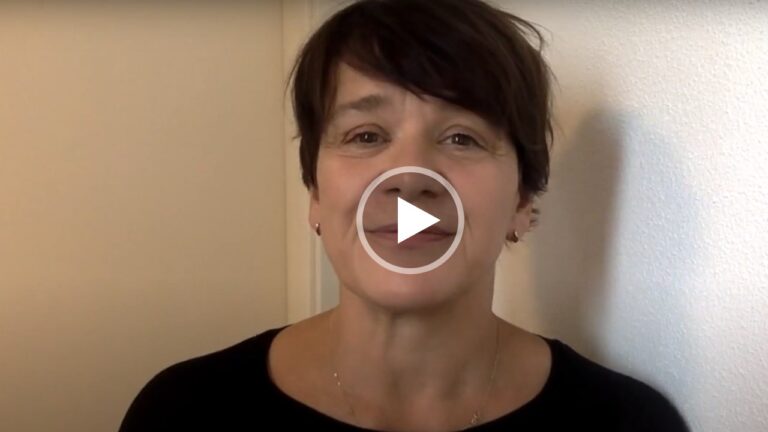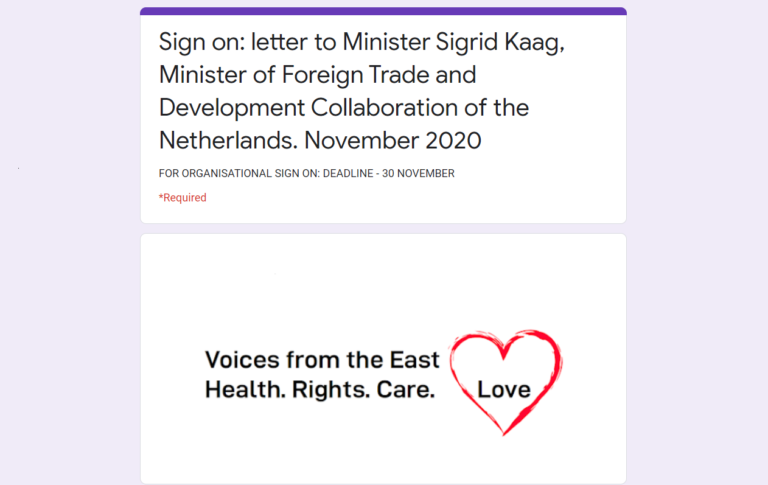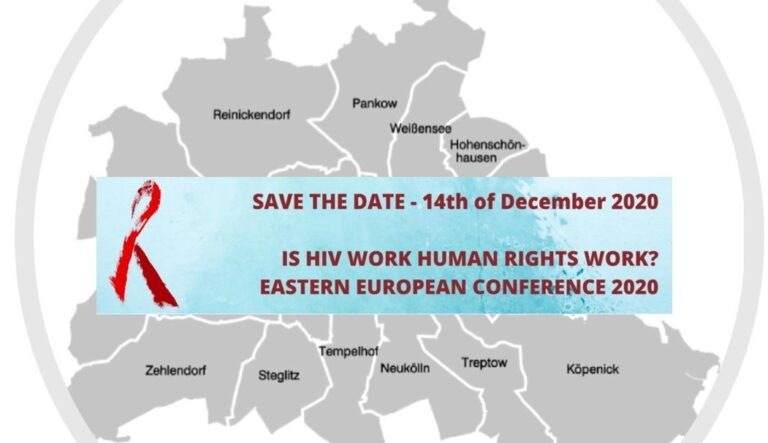
UNAIDS calls on countries to step up global action and proposes bold new HIV targets for 2025
As COVID-19 pushes the AIDS response even further off track and the 2020 targets are missed, UNAIDS is urging countries to learn from the lessons of underinvesting in health and to step up global action to end AIDS and other pandemics.









